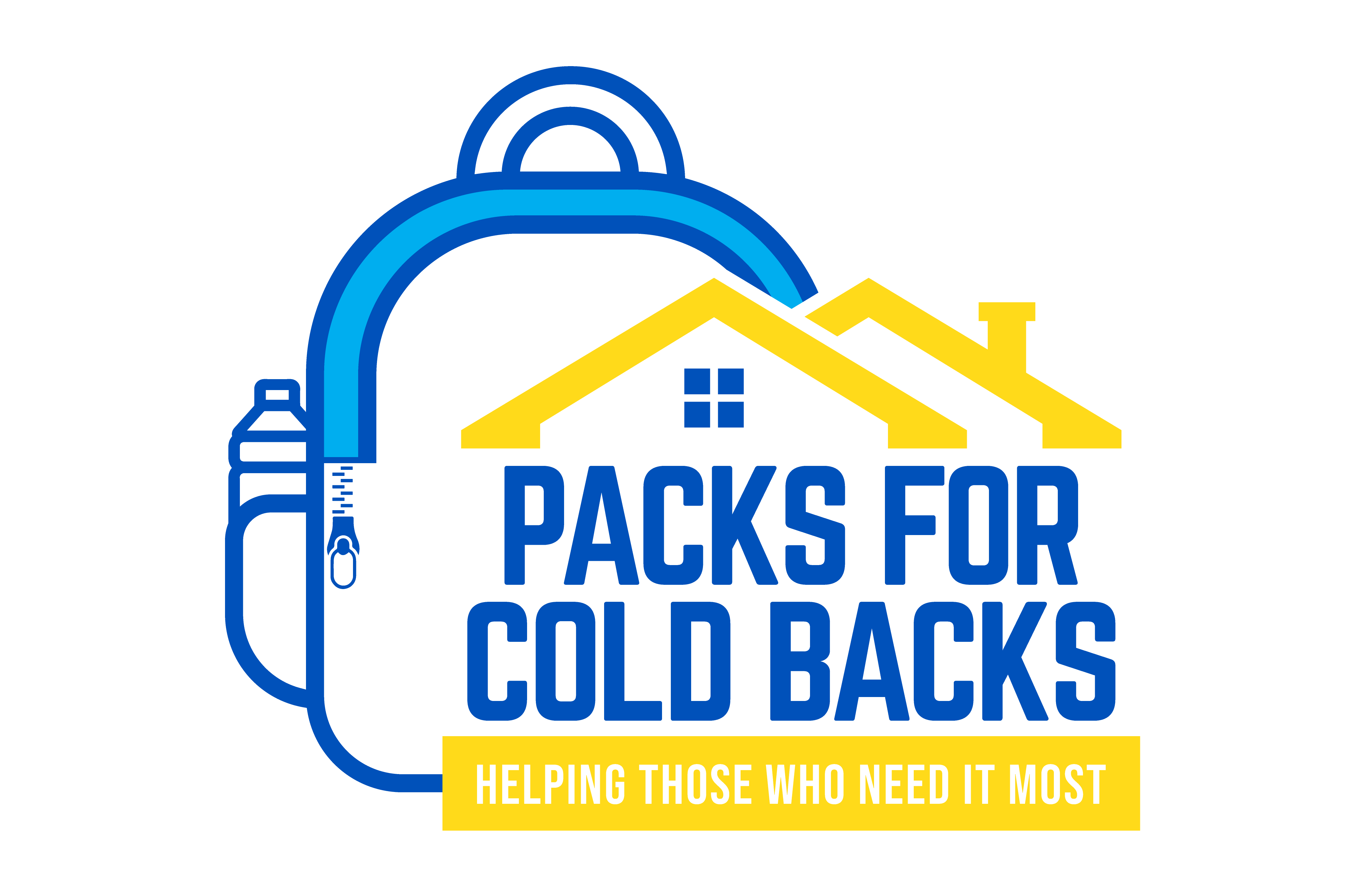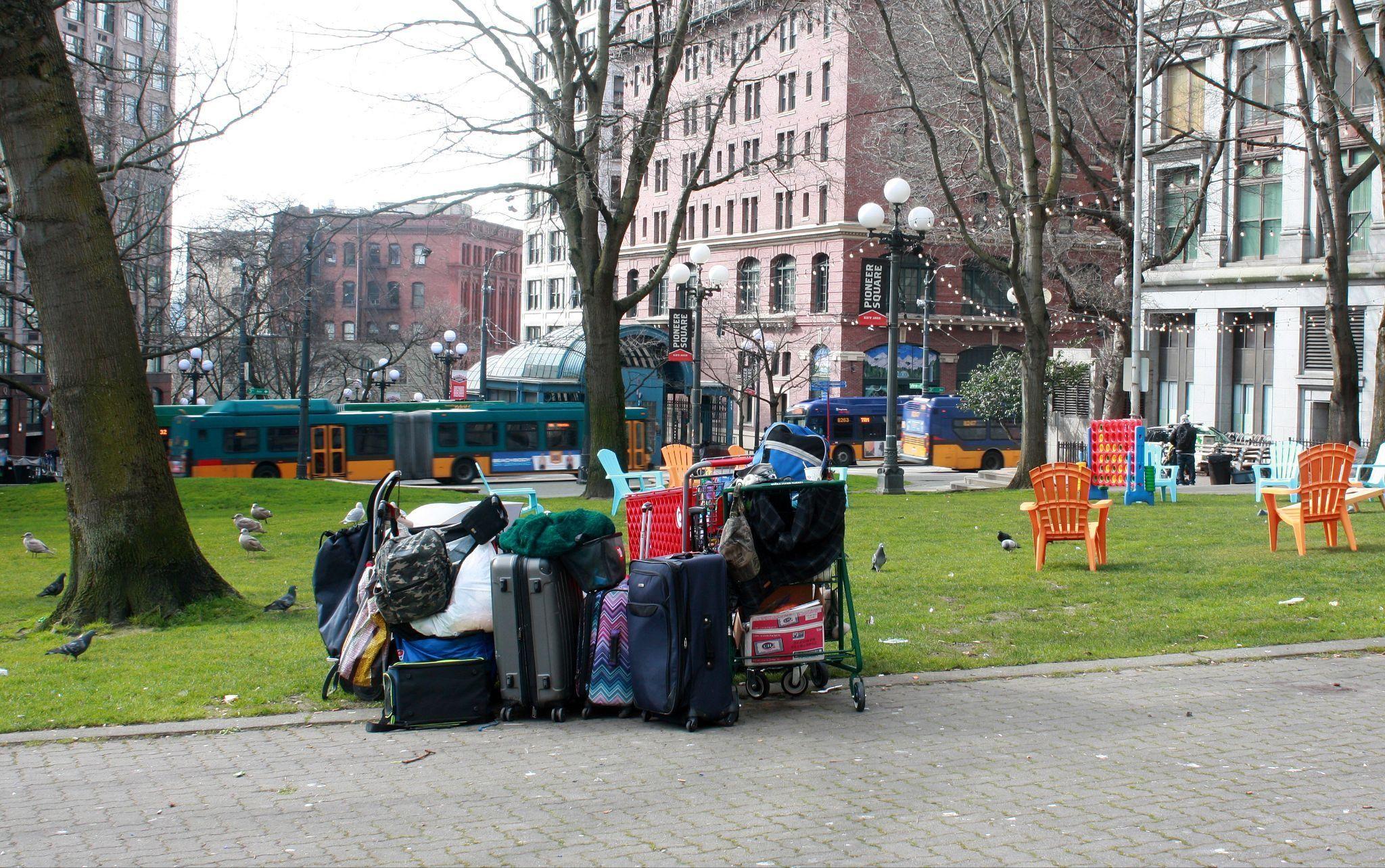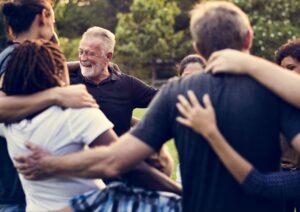Homelessness in Seattle Rises as the Economy Falls
It’s difficult to find someone who hasn’t been affected by recent changes in the economy. We all feel it when we fill up at the gas pump, buy groceries, or sign a new lease and realize our rent has gone up hundreds of dollars. While the federal government has made efforts to combat inflation, like increasing the federal interest rate, the biggest issue is that people simply cannot afford to pay their bills.
Even employers who adjust wages for inflation can’t keep up with the skyrocketing prices. The average annual salary increase is 3%. However, at the current rate of inflation, a 3% salary increase would decrease most Americans’ buying power. In other words, a 3% salary increase is equivalent to a pay cut in today’s economy.
Factors Contributing to Homelessness in Seattle
In February 2020 (immediately before the pandemic struck) Seattle was among the top three US cities with the largest unhoused population, preceded by Los Angeles (#2) and New York City (#1).
Experts are concerned that the number of people without homes in Seattle will increase due to the staggering cost of living and recent changes in federal policies.
“The vast majority of people experiencing homelessness are experiencing homelessness because of straightforward economic dynamics — they’re broke,” said Marc Dones, chief executive officer of the King County Regional Homelessness Authority. “Anything that looks like it will destabilize a broader subset of people is immediately terrifying to me.”
Recent data shows that the number of people experiencing homelessness in Seattle has, in fact, risen. Bloomberg reports that Homeless Authority data showed 13,368 people lacked housing in early 2022, up from 11,751 in 2020. Additional data from a King County study shows that more than 40,000 people in Seattle experienced homelessness at some point in 2020.
Roe v. Wade
Inflation isn’t the only factor that contributes to the recent spike in unhoused individuals in Seattle, however. Many states banned voluntary abortions after the Supreme Court overturned Roe v. Wade. On the other hand, few states, including Washington, set themselves up as “abortion sanctuaries,” providing affordable and private services to people who do not have access to abortions in their home state.
Many people who traveled to Washington for abortion services now find themselves stuck in an unfamiliar place without a job or money. Finding refuge in their cars or on the street provides shelter, albeit vulnerable, but not an address, which is often required for obtaining legitimate employment.
Packs for Cold Backs is Making an Impact
Oftentimes, people find themselves without safe and stable housing due to factors largely outside of their control. Sometimes, all they need is someone to reach out a helping hand and provide small but significant opportunities for success.
That’s exactly what Packs for Cold Backs is here to do.
Packs for Cold Backs is a non-profit organization built to help people experiencing homelessness build a life with pride. We conduct community outreach to find candidates for job placement, housing assistance, rehabilitation, and more. Contact us today to learn about volunteer opportunities in your city.



